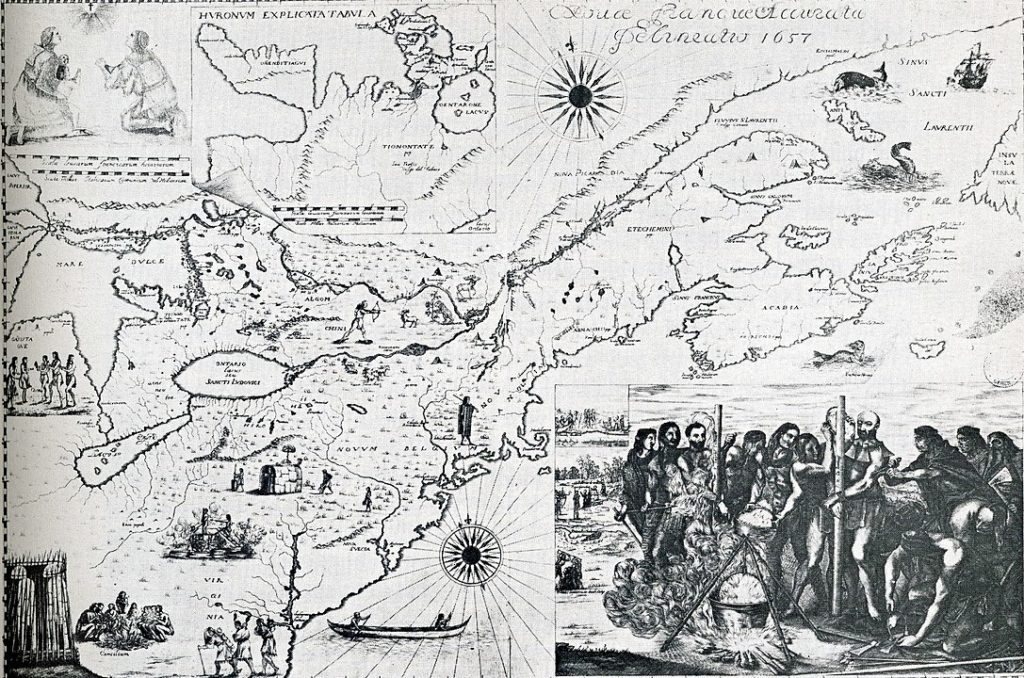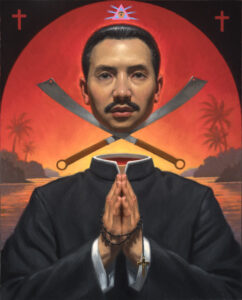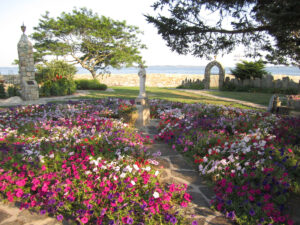I
Twelve years before his death, Père Jean Brébeuf
Wrote out instructions to his fellow priests
And missionaries for their life among
The Huron people:
Have true affection for them, first, he said,
For they, as you, are ransomed by the blood
Of Christ; accept without complaint their cornmeal
However tasteless;
Keep in your pockets beads, jambettes, and fishhooks
For barter with the other tribes you’ll meet;
And, during portage, carry what you can,
If just a kettle;
And yet, the best equipment you can bear
Is silence. Seat yourself in the canoe,
And speak no word, but churn your oar in silence
As they will do.
How else address the great sky’s opened vault
Above the river gliding its swift current?
How else to greet the banks obscure with shadows
Of fir and spruce?
How else perceive the plies of ice on ice
Extending brightness on dark water? How
Else to receive the snow whose soundless fall
Will transform all?
There is a silence to that wilderness
That needs no word of ours; an emptiness
That does not ask for gift of tongue or lip
But our whole lives,
And waits with frigid clarity upon
The naked boughs, much like the Saturday
Between the hour of Christ’s death and that
In which he rose.
But, Hurons have as well another reason
For quiet, as their eyes survey the shoreline
For prints in mud, their ears strain for the sounds
Of cracking branches.
They know what force could lie around each bend.
They feel the forest as it holds its breath
Before the rage of musket ball, the cry
Of bow and axe.
II
And so, the brethren listened, Jogue, Goupil,
Daniel and L’Alemont; they took their posts
In birch canoes with feet bare, cassocks tucked,
And prayers turned inward.
They waited for the hour to break the silence
If only with their halting Huron speech,
To tell these people of the woods there was
A God who loved them.
They knew before their craft slipped from the shore,
Their lives would pass away in that great silence.
That some, invited to a feast, would have
Their skulls split wide.
That, captured, Jogue would feel his nails pulled out,
His fingers chewed to stubs by Iroquois teeth;
That those who beat and stripped him would be those
He’d vowed to love.
And that Brébeuf would feel the Iroquois cudgel
Upon his head, their lashes on his back,
A traitorous Huron raise a boiling kettle
To baptize him.
As he leaned heavy on the post that held him,
And watched the flames consume the mission church,
He never ceased to fill the wilderness
With praise to God.
And even as they took his tongue and lips,
And cooked his skin before his eyes, he called
Out to the ones who tortured him the glory
Of their salvation.
III
For my part, when I think of Jogue’s torn hands,
Brébeuf kept wakeful through his mutilation,
And praising—praising—though even some he baptized
Now ate his flesh,
I long to feel the blaze of righteous gunfire,
To hear a sudden clamor of French arms
Descend to save those priests and punish those who
Took such cruel pleasures.
I want the wilderness itself to speak,
The rivers to rise up and swallow all,
The trees to bend and break their bonds, and sunlight
To crown their heads.
But that’s not what Brébeuf or Jogue desired,
Who came to walk along the Huron paths
And dwell within their villages, and join
Them in their suffering.
And though the Iroquois soon scattered all,
The priests remained to carry their own weight
To speak of Christ and love them as Christ did
These brethren.
For, Jogue heard, even in his silent heart,
You go not to return: the wilderness
An altar where he made himself, to God,
Burnt offering.




